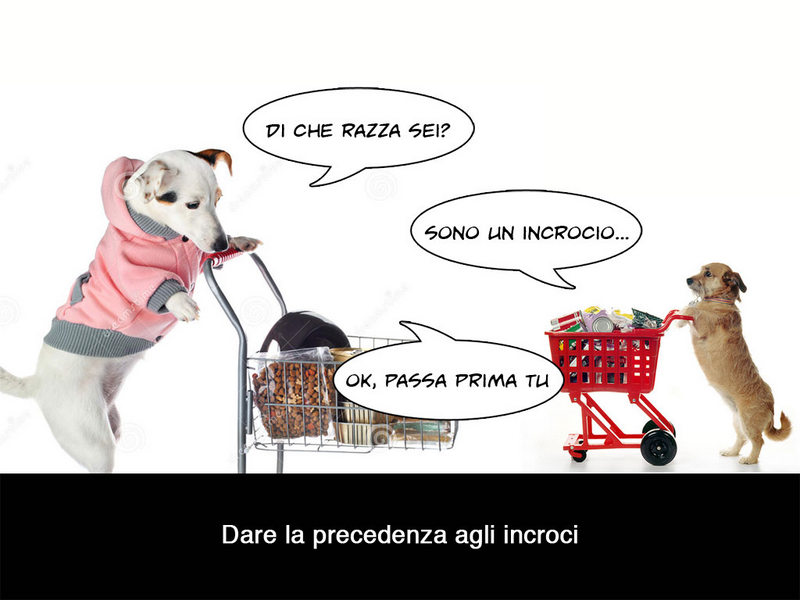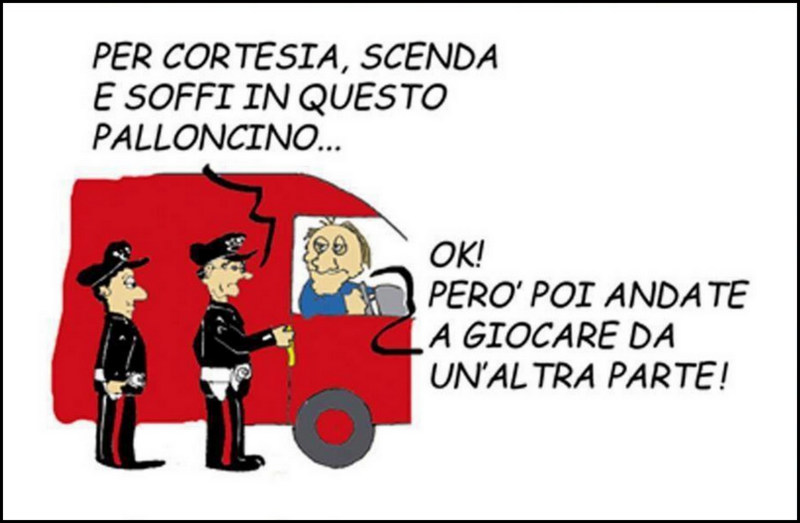Idiomatic Expressions with the Verb Dare Posted by Serena on Jul 1, 2016 in Italian Language
Some time ago we published a series of posts on the idiomatic uses of the verbs avere (to have) and fare (to do or to make). Today we’re going to take a look at the idiomatic uses of the verb dare (to give). Here’s a list of the most common ones with some practical examples of how we use them:
1. dare per (certo/perso/morto/ecc.) = to consider, to presume, to give up for: grazie per aver ritrovato i miei occhiali, ormai li avevo dati per persi = thank you for finding my glasses, by now I had considered them lost; il capitano era stato dato per morto = the captain had been given up for dead
2. dare per scontato = to take for granted: non dare per scontato che passerai l’esame di guida = don’t take it for granted that you are going to pass your driving test
3. dare un’occhiata = to have/take a look: puoi dare un’occhiata ai freni della mia bicicletta? = can you have/take a look at my bicycle brakes?
4. dare la colpa = to blame (literally: to give the guilt): quando succede qualcosa danno sempre la colpa a me! = when something happens they always blame it on me!
5. dare aria = to air, to vent: quanto fumo! apri le finestre e dai aria alla stanza = so much smoke! open the windows and air the room
6. dare la mano = to hold hands, to shake hands: ricordati di dare la mano a tua sorella quando attraversi la strada = remember to hold your sister’s hand when you cross the road; Mario si è rifiutato di dare la mano al suocero = Mario refused to shake hands with his father in law
7. dare il benvenuto = to welcome: il manager ci ha dato il benvenuto all’hotel = the manager welcomed us to the hotel
8. dare del tu/voi = to address somebody informally/formally: quando parlo con la vicina di mia madre non so mai se darle del tu o del voi = when I talk to my mother’s neighbour I never know whether to address her informally or formally
9. dare addosso = to attack (either physically or verbally): tutti i tifosi hanno dato addosso al portiere perché ha sbagliato la parata = all the supporters attacked the goalkeeper because he didn’t stop the ball
10. dare contro a qualcuno = to contradict: quando Giorgio ha detto che dovevamo andare avanti molti gli hanno dato contro = when Giorgio said we had to carry on many contradicted him
11. dare su = to have a view onto/to overlook: a Venezia la nostra camera dava sul Canal Grande = in Venice our room had a view onto the Canal Grande

GIVE PRECEDENCE AT (to) CROSSINGS: What breed are you? … I’m a cross-breed (crossing) … Ok, you go first. (not easy to translate!)
12. si dà il caso che = it so happens that: si dà il caso che Mario domani debba andare a Lucca per cui ci darà un passaggio = it so happens that Mario is going to Lucca tomorrow, so he’ll give us a lift
13. dare di volta il cervello = to go off one’s head: ma che fai, ti ha dato di volta il cervello? = what are you doing, have you gone off your head?
14. darci dentro = to work hard: se vuoi passare l’esame devi darci dentro con lo studio = if you want to pass your exam you must study/work hard
15. darsi da fare = to get busy = dai, datti da fare, questo articolo va finito entro oggi! come on, get busy, this article must be finished by today!
16. darsi a qualcosa = to devote/dedicate oneself to something: Lucia si è data alla pittura = Lucia has devoted herself to painting
17. non darsi pace = not to resign oneself: non si dà pace all’idea che non sia stato promosso = he won’t resign himself to the fact that he hasn’t been promoted.

Build vocabulary, practice pronunciation, and more with Transparent Language Online. Available anytime, anywhere, on any device.





Comments:
Phil:
Grazie, Serena. Posso fare alcuni suggerimenti?
dare di volta il cervello = to go off one’s head: ma che fai, ti ha dato di volta il cervello? = what are you doing, have you gone off your head?
Direi “What are you doing? Have you gone mad/crazy? (or “Are you out of your mind?”)
Sfortunatamente, non usciamo “incroci” in inglese americano. Se diciamo “mixed breed” o “razza misto”. Mi dispiace ma non penso che sarebbe un modo di dire in inglese per il cartone.
Ancora volta, Serena, mille grazie!
Phil
Geoff:
@Phil Ciao Phil, attualmente sono in Inghilterra, e ho appena chiesto a mia sorella se si usa l’espessione ‘to go off one’s head in inglese, e lei mi ha risposto di si’, proprio come pensavo io quando ho controllato questo blog.
Per quanto riguarda il discorso di ‘incroci’, come ho scrito sotto la barzelletta: not easy to translate!
Le barzellette che sono basate su un gioco di parole difficilmente sono traducibili.
A presto, Geoff 🙂
Phil:
@Geoff Grazie ancora, Geoff. È vero che i modo di dire e gli scherzi sono più dificile a tradurre. Penso che la frase “to go off one’s head” sia sopratutto un espressione de ‘British English’ e non abbia trovato in ‘American English.’ Love your blog, Geoff. Phil
Lee:
A question that does not directly concern this post, but I couldn’t find a better place to ask…
Can you write a piece on the compound, direct/indirect nature of the word (and similar words) “non fregarmene” (I don’t care/ it doesn’t matter to me)?
I know that Italian uses the indirect form much more than English (they please me, instead of I like them), but, this particular one gives me more trouble than others. I know what it means and I can handle it in my reading and listening skills, but the form in general is troublesome.
Hazel Spiers:
Can you please explain the use etc of puo’ darsi?
Geoff:
@Hazel Spiers Ciao Hazel. Pou’ darsi is simply a colloquial idiom meaning ‘maybe’ or ‘it could be’. You can use it instead of ‘forse’, e.g. “Oggi piovera’?” (“Will it rain today?”) … “Puo’ darsi” (“Maybe”).
A presto, Geoff 🙂
paolo minotto:
grazie. molto utile…
Laurel L Barton:
Does “si dà il caso che” require the congiuntivo?
Serena:
@Laurel L Barton Salve Laurel!
Yes, “si dà il caso che” requires the congiuntivo, like in the example I wrote: “si dà il caso che Mario domani debba andare a Lucca per cui ci darà un passaggio = it so happens that Mario is going to Lucca tomorrow, so he’ll give us a lift”. In this sentence “debba” is the present subjunctive, third person singular, of the verb “dovere” (has to, must).
Saluti da Serena